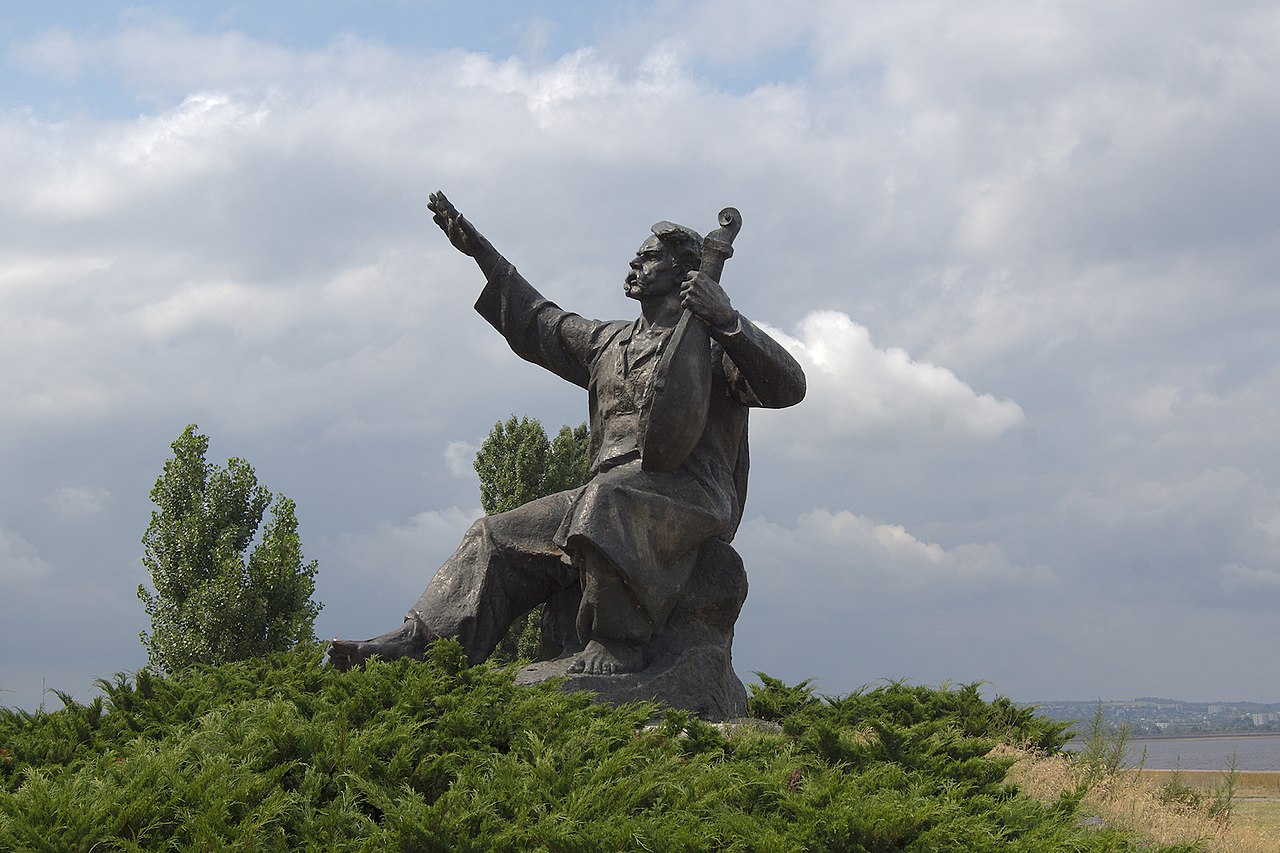At the 19th session of the UNESCO Intergovernmental Committee for the Safeguarding of the Intangible Cultural Heritage, the Program for the Protection of the Kobzar-Lirnyk Tradition was included in the UNESCO Register of Good Practices for the Safeguarding of the Intangible Cultural Heritage, according to Ukraine's Culture Ministry.
A kobzar is a Ukrainian folk singer and musician. Kobzars were the creators, keepers, and transmitters of the epic tradition in the form of historical songs, religious chants, moralistic songs, as well as fairy tales and legends, accompanied by playing the kobza or bandura - folk instruments from the lute family, or wheeled lira - a Ukrainian variant of the hurdy-gurdy, hence their other name, lirnyky or bandurists. The tradition of the kobzar musician is considered an important cultural symbol of Ukraine.
As reported by Ukraine's Ministry of Culture and Strategic Communications, this development can be considered an important achievement in light of what is happening with the ongoing Russo-Ukrainian War.
“This achievement is especially important today, when our modern kobzars, like their ancestors in the days of the Cossacks, support the morale of Ukrainian defenders and inspire them to fight for freedom and independence. Their music and words, as before, awaken people's faith, strength and steadfastness,'' the press communication reads.
It is noted that this became possible due to the close cooperation of the Ministry of Culture and Strategic Communications of Ukraine, the Ministry of Foreign Affairs, the Permanent Delegation of Ukraine to UNESCO, the National Commission of Ukraine for UNESCO. Kobzar workshops in Kyiv, Lviv, and Kharkiv, as well as all interested organizations in the development of this program.
In the Soviet Union, authorities viewed kobzars and bandurists as an expression of Ukrainian cultural identity, and thus as a threat to Soviet ideological control and the construction of a unified Soviet identity. The repression of these folk musicians took several forms, including execution.
On 4 December, at the 19th session of the UNESCO Intergovernmental Committee for the Safeguarding of the Intangible Cultural Heritage, the Ukrainian Easter egg was recognized as a cultural heritage of humanity.
Related:
- Saving Ukrainian culture, bard of the nation picks up a gun
- American expat reviving traditional Ukrainian art of kobzaring announces tour across Europe
- How an American expat pulled the Ukrainian art of Kobzaring back from the brink of extinction
- The destruction of Ukraine’s folk singers

